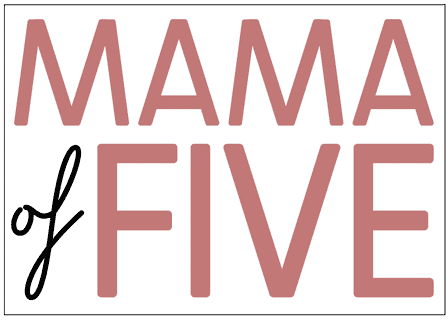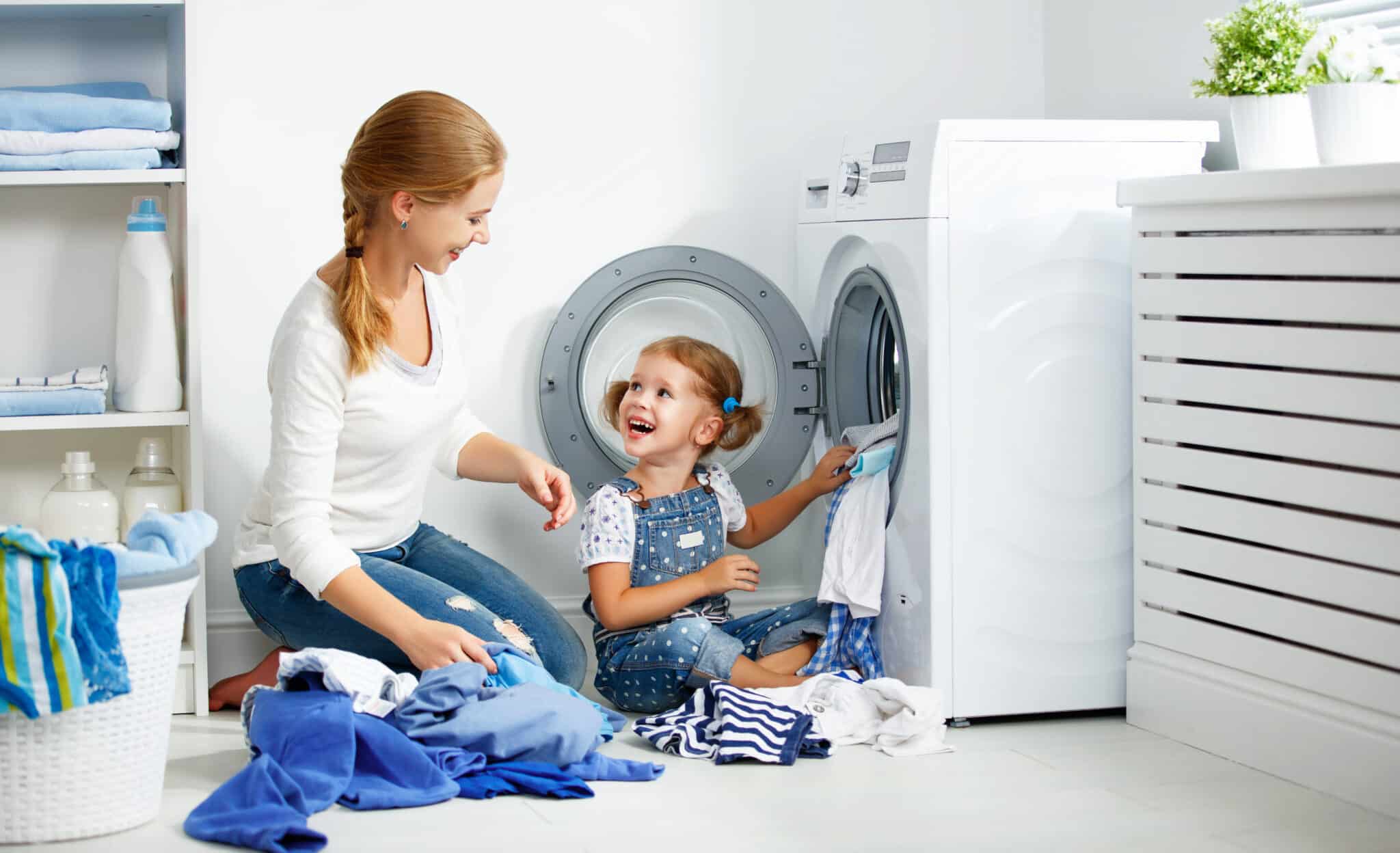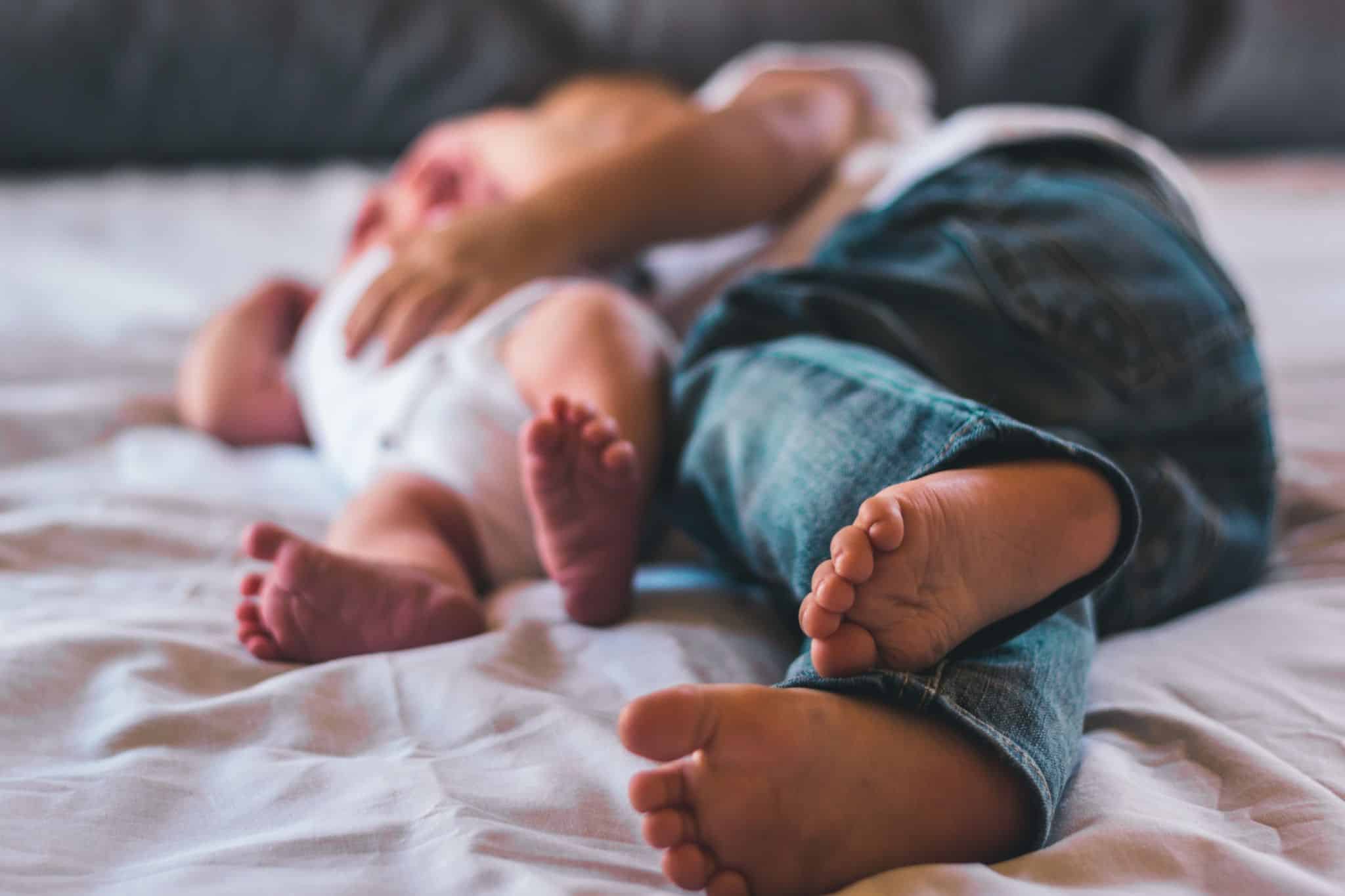Many factors contribute to a baby’s lip quiver. Although you shouldn’t need to worry, as lip quivering is often nothing to be alarmed about and normal behavior. When it does occur,you can observe your baby for any accompanying symptoms.
It is common for a baby to have a quivering lip after feeding or when exposed to air conditioning. However, it can also be a sign of an underlying health issue.
Symptoms that you want to watch for include: excessive sleepiness, trouble breathing, unusual or repetitive behaviors such as hiccups or twitching, or an unusually high or low temperature.
In addition, there are other factors which may contribute to the lip quiver. These include an underlying complex health issue, such as an underdeveloped immune system or low vitamin levels.
As an Amazon Associate, I earn from qualifying purchases. The links below may be affiliate links. Please read my disclosure policy for more information.
What is baby lip quiver?
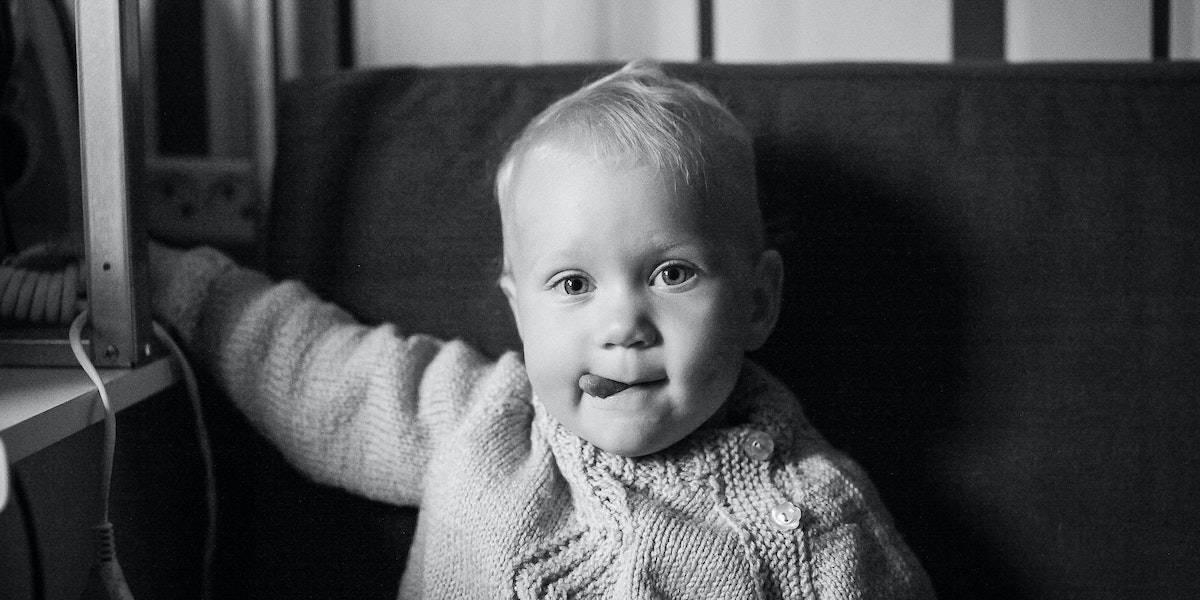
Sometimes when a baby cries, the lips of the child begin to shiver. This can be caused by anything from being cold to being hungry, or even being tired.
However, it often stops by the time that the child is 6 months old.
Babies have an immature nervous system, and until it is more fully developed, some of their muscles may not work as well as others. For example, it may be difficult for them to control their lip muscles.
The baby might only cry for a few seconds before their lips start shaking, and only a minority continues this behavior well into adulthood.
Symptoms
Newborn babies who display the signs and symptoms of lip quiver or lower jaw trembling are often accompanied by a few other signs and symptoms. There are several signs and symptoms to look out for when this happens.
The tremors occur in well-defined patterns. The tremors are often rhythmic, beginning in the legs and flowing into the knees and then up to the feet and down to the toes.
The tremors then spread to the thighs, hips, stomach, and chest. Then they spread to the upper arms, and finally they spread to the neck, face, and lips.
The tremors continue for a few seconds, then stop.
Such quivering exists primarily when a baby is irritated or hungry or when a baby is moved suddenly from a cold room into a warm room or vice versa.
Reasons for lip quiver in babies
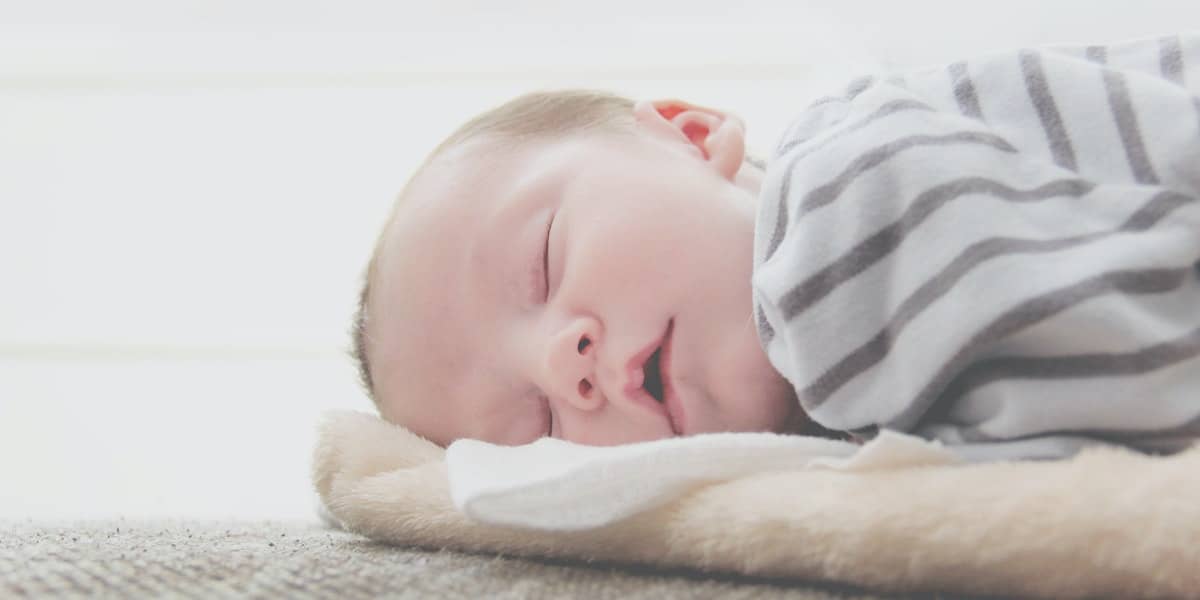
If your baby’s lip quivers continuously, there could very well be a medical reason behind it. So, let’s take a look at the reasons why this behavior occurs before looking at how it is diagnosed should you wish to seek medical assistance.
Underdeveloped nervous system
Birth-related defects that affect only the lip are rare, but they do happen. However, most cases end up being a result of the nervous system struggling to keep up with development.
The symptoms of this condition include shaking, tremors, jerks, and quivers that may not limit themselves to the lip. Tremors or shaking of the body parts, such as the jaws, hands, or legs, are some of the common symptoms.
This may occur due to misfiring of signals sent by the nervous system in babies that have not fully developed and matured yet. Most of the time, these symptoms go away by themselves within a few months after birth.
Birth defects
One of the reasons a baby’s lower lip quivers without control is possible birth defects like muscular jitters that typically cause the movements of the child to be jittery.
These birth complications could range from a body temperature that is too high, which occurs during an infection, to a calcium deficiency. If the baby is not able to breathe during birth, resulting in a lack of oxygen, it could also cause this condition to set in.
Hunger

A newborn baby often starts to quiver and shake when hungry because their stomach is empty. When this happens, their body is out of fuel and can no longer keep its inner temperature stable.
This is one of the most frequent causes of quivering, and the simplest way to stop this is to give your baby warm food or a bottle. In doing so, you should soon see your baby’s body temperature stabilize and the quivering stop.
Happiness and/or excitement
Sometimes, when a baby is happy or excited, their lips will quiver. Their lips tremble on the side that is experiencing the feelings when they are happy or excited.
It may simply be nothing more than enthusiasm that is to blame for your baby’s lips quivering.
Fear
This is another reason for lip quivering and a more obvious one. When a baby feels scared, they may start to quiver, along with displaying other signs of fear, such as a rapid heartbeat or sweating.
This quivering is similar to the quivering of our lips when we’re scared.
This is often an easier one to spot as the source of the fear is often obvious and simply removing the source, or your baby away from the cause, can be enough to settle them.
Too cold
Babies can also start to quiver when they are cold. If they are under a year old, they will not shiver to retain body heat, but instead will exhibit lip quivering as a sign of distress.
In this case, you will need to warm them up and dress them in some extra layers or a blanket to keep them comfortable. The effects of being cold can also cause a baby’s whole jaw to tremble, which can be a bit of a shock to see, but is usually nothing to worry about.
As mentioned, simply providing them with extra layers will be enough to warm them up along with plenty of cuddles.
Tiredness
Sometimes when a baby feels tired, it can cause their muscles to tremble. If this is the case, you should try to get them into bed and let them rest so that they can recover.
Too much wind
If gas builds up in a baby’s intestines, this can often be felt as a burning sensation in the stomach. This results in a baby having a hard time breathing through their nose due to all the air coming from inside.
This is a common thing for babies to do when the gas builds up in their intestines. To cope with the pain, the baby sucks in air from his mouth and presses his lips tightly together.
His lips then quiver while sucking in air, which sometimes produces a light sound. To rectify this issue, some gentle winding by the caregiver/parent should remove any stubborn trapped gas.
Diagnosis
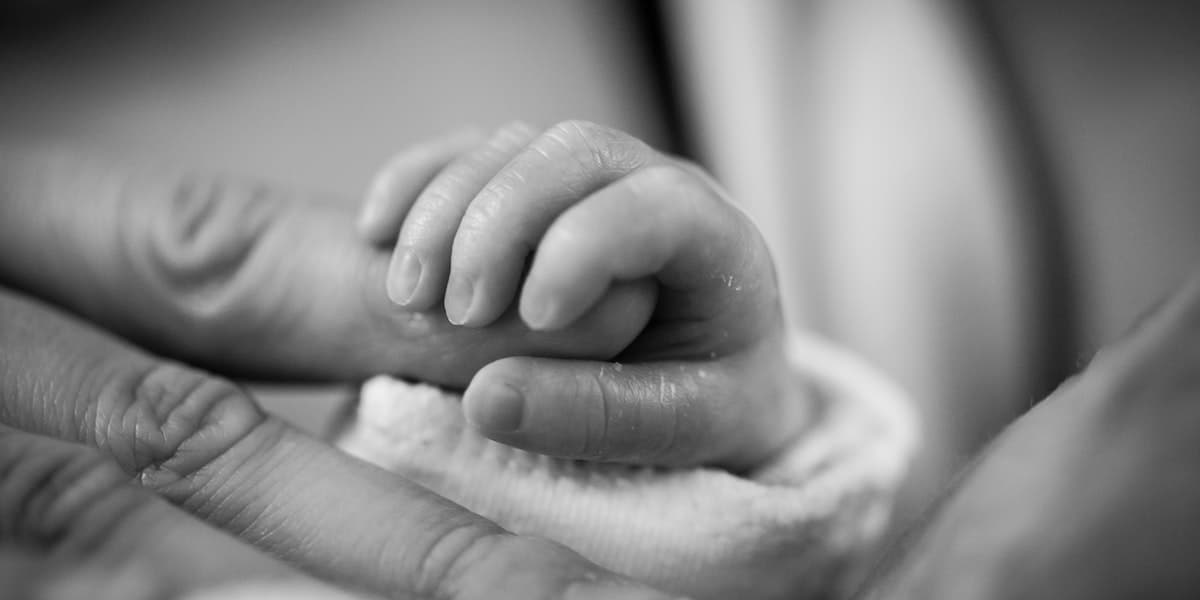
Although there is usually no cause for alarm if you see your baby’s lip quivering, if you find that none of the above causes are the reason for this behavior, you should consult your doctor.
In the first instance, a doctor will examine your baby to diagnose the cause. If the cause is not obvious and has continued for 3 months or longer, they will call in a neurologist to diagnose the infant.
The neurologist can use details including pregnancy complications, the duration of labor, and other factors to make an opinion.
Tremors and quivering, as well as trembling, are all linked to the functioning of the nervous system. As mentioned above, the nervous system can take longer to catch up while the baby is developing.
Therefore, multiple tests can be performed to evaluate it, including blood tests to determine the state of the brain, electrolyte examination, and cerebrospinal fluid tests. These different types of tests examine how interdependent factors work together.
An MRI can be performed to scan the brain’s physical structure while neural sonography can be chosen to map the neural activity in the brain.
A more comprehensive examination would require a test of the nutritional presence in the blood vessels in the head. This could be combined with an x-ray of the neck and an EEG to compare neural signals.
Treatments for lip quivering
In most cases, such a behavior will disappear after a few months once the nervous system catches up. It is more common than you think in newborns and is usually perfectly normal.
The causes can often be easy to find and remedy, as discussed above.
However, if it does continue longer than 3 months, there are treatments your doctor may opt for. These include:
Replenishing vitamin and mineral deficiencies

On occasion, a doctor might discover a baby is experiencing deficiencies in certain minerals/vitamins and this is the cause for lip quivering.
Therefore, some babies might be prescribed medicinal supplements such as magnesium, calcium, and glucose. These will be infused intravenously in order to deliver the nutrients to the body faster.
In this way, the nutrients can be quickly absorbed into the body, allowing the nervous system to heal quickly. Similarly, these medicinal supplements allow oxygen to be absorbed easily by cells and tissues, which helps them grow.
Medical Techniques
Pressure within the cranium might cause the child to suffer from severe seizures. If this is detected in the infant, it would lead to treatment with certain corticosteroids.
Punctures through the spine could be used as well, along with medications meant to counter seizure activity. Physical therapy might also be used.
According to Medical News Today, seizures are the most common neurological emergency in the first 4 weeks of a newborn’s life. However, this does not mean it is the most common symptom in general.
This is only if it is clear to the parent and doctor a seizure has occurred and requires immediate treatment.
When does it stop?
As discussed, an underdeveloped nervous system is often the cause for lip quivering. This normally catches up after a couple of months.
Other causes can also be obvious, such as being too cold or hungry.
If you feel concerned by this behavior, there is no harm in seeking advice from a medical professional. They can perform various checks to determine if the quivering is normal or there are underlying causes that require medical treatment.
Rest assured, in most cases, lip quivering is nothing to worry about and will eventually fade away as your baby grows.
